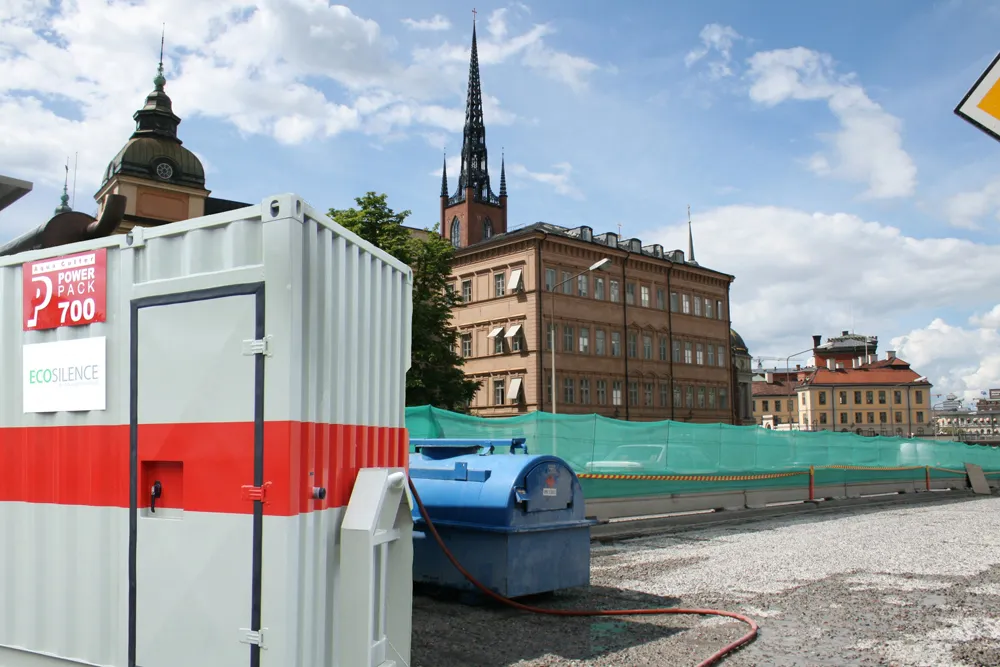
Northscan and Bridgology Sweden say they have formed an “alliance” to offer more accurate non-destructive scanning solutions for bridge inspections and renovations.
Bridgology Sweden’s parent company Bridgology, based in Épalinges, Switzerland, develops software for the analysis and presentation of ground penetrating radar (GPR) data for concrete repair planning and more accurate cost estimates. Particularly prominent is the software for analysis of data from concrete scanning of roadways on road bridges, where it can present data in the form of detailed, graphic and self-explanatory maps adapted for each specific bridge.
Meanwhile, Northscan, based in Stockholm and Gothenburg, focuses on non-destructive concrete testing using three types of scanning techniques – GPR, UPV (ultrasonic pulse velocity) and magnetic induction (Eddy current technology).
The Swedish Transport Administration alone is responsible for the management of approximately 17,000 bridges in Sweden, with annual operating and maintenance costs exceeding €861.4 million. The companies said that in order to meet this challenge and streamline the use of resources, careful investigation and preparation, repair efforts on bridge decks can be calculated in detail. This will create the conditions for significant cost savings and better planned repair efforts.
"This partnership truly marks a new era for bridge renovation in the Nordics,” said Jamshid Lodhi, chief marketing officer at Northscan. “By combining our expertise with Bridgology's advanced technology and analysis process, we will be able to offer cutting-edge solutions that benefit both society and the infrastructure sector."









